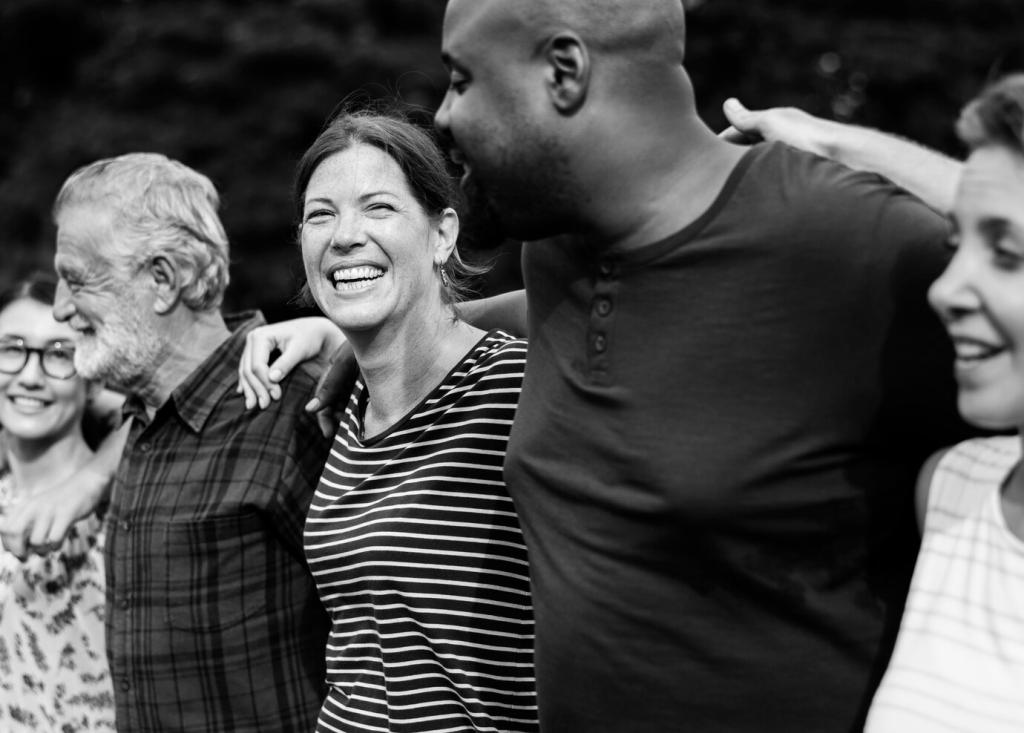Eco‑Tourism: A Catalyst for Community Development


What Eco‑Tourism Means for Communities
Traditional tourism often concentrates profits far away from host communities. Eco‑tourism flips that script through community‑owned lodges, locally guided experiences, and fair purchasing that keeps value circulating in the village. When residents lead, development becomes purposeful, transparent, and resilient rather than extractive or seasonal.
What Eco‑Tourism Means for Communities
In a highland village, elders mapped a birding trail with schoolteachers, then trained students as guides. The first season funded a clinic roof and seed capital for a women’s craft collective. Visitors left with rare sightings and new friendships; the community gained skills, pride, and reliable income.
Building Local Enterprises and Fair Jobs
From reef‑safe soap makers to spice‑route storytellers, women‑led cooperatives are redefining who benefits from travel. Training, microcredit, and childcare support convert part‑time craftwork into dependable livelihoods. When guests purchase directly, they back leadership, education, and intergenerational wealth within the community.
Protecting Nature While Growing Opportunity
01
Conservation Funds in Action
Some destinations dedicate a small visitor levy to patrols, habitat restoration, and biodiversity monitoring. In mangrove villages, those funds supply seedlings, kayaks for eco‑rangers, and training for youth scientists. The community sees direct returns from protecting wetlands that buffer storms and nurture fisheries.
02
Resilience Through Restoration
After a coral bleaching event, a coastal community built a snorkel trail highlighting resilient patches and research sites. Guided fees financed coral nurseries and swim lessons for local kids. Visitors learned about climate adaptation while livelihoods diversified beyond fishing, easing pressure on fragile reefs.
03
Volunteer, But Thoughtfully
Well‑designed volunteer programs match skills to community priorities and measure outcomes. Avoid projects that replace paid local work or lack training. Comment with programs you trust, and subscribe for our responsible volunteering checklist co‑created with community partners and conservation practitioners.
Culture, Heritage, and Pride
Living Museums Without Glass Cases
Instead of staged shows, community hosts invite guests into kitchens, farms, and fishing coves where real life unfolds. Fees compensate knowledge keepers for time and teaching. The result is honest connection, not spectacle, with culture shaping the itinerary rather than performing for it.
Language and Storytelling
Tours conducted in local languages, translated by trained youth, support linguistic revival. Story circles after hikes help visitors understand seasonal rituals and place names. Share a phrase you learned while traveling and tell us how it changed your understanding of the community’s past and present.
Help Record a Tradition
Some communities invite visitors to document recipes, boatbuilding, or weaving techniques under elders’ direction. Digital archives then feed local schools and museums. Subscribe to receive a guide for co‑creating cultural records ethically, with permissions, credit, and fair compensation clearly agreed beforehand.
Infrastructure that Serves Residents First
Composting toilets, refill stations, and community recycling hubs reduce pollution and costs. Visitors appreciate clean trails while families gain safer water and healthier surroundings year‑round. Comment with low‑tech solutions you have seen work, and we will feature them in our next newsletter edition.
Infrastructure that Serves Residents First
Boardwalks, shade shelters, and off‑grid lights protect habitats while guiding visitors. Small, modular projects can be locally built and maintained, keeping jobs nearby. Subscribe for design templates and case studies that communities have adapted to wetlands, forests, deserts, and high‑altitude trails.
Infrastructure that Serves Residents First
Choose destinations that publish community‑approved plans and budgets. Your booking can validate governance that listens to residents. Share directories of transparent projects in the comments, helping travelers direct attention and income toward accountable, community‑first initiatives.
Simple dashboards track indicators like local ownership, wages, wildlife sightings, and waste diverted. Public scorecards build trust and attract aligned partners. We are compiling open‑source templates—subscribe to receive them and share your metrics so we can refine together.
Measuring Real Impact
More tourists do not automatically mean progress. What matters is quality of employment, conservation gains, and cultural vitality. Tell us which indicators you consider essential, and we will feature your ideas in an upcoming roundtable article with practitioners and community leaders.
Measuring Real Impact
Getting Involved: Travelers, Hosts, and Policymakers

Plan slower trips, stay longer, and spend locally. Learn greetings, carry a refill bottle, and ask for community‑owned options. Share your itinerary ideas in the comments so other readers can follow routes that maximize positive impact while minimizing environmental footprints.
